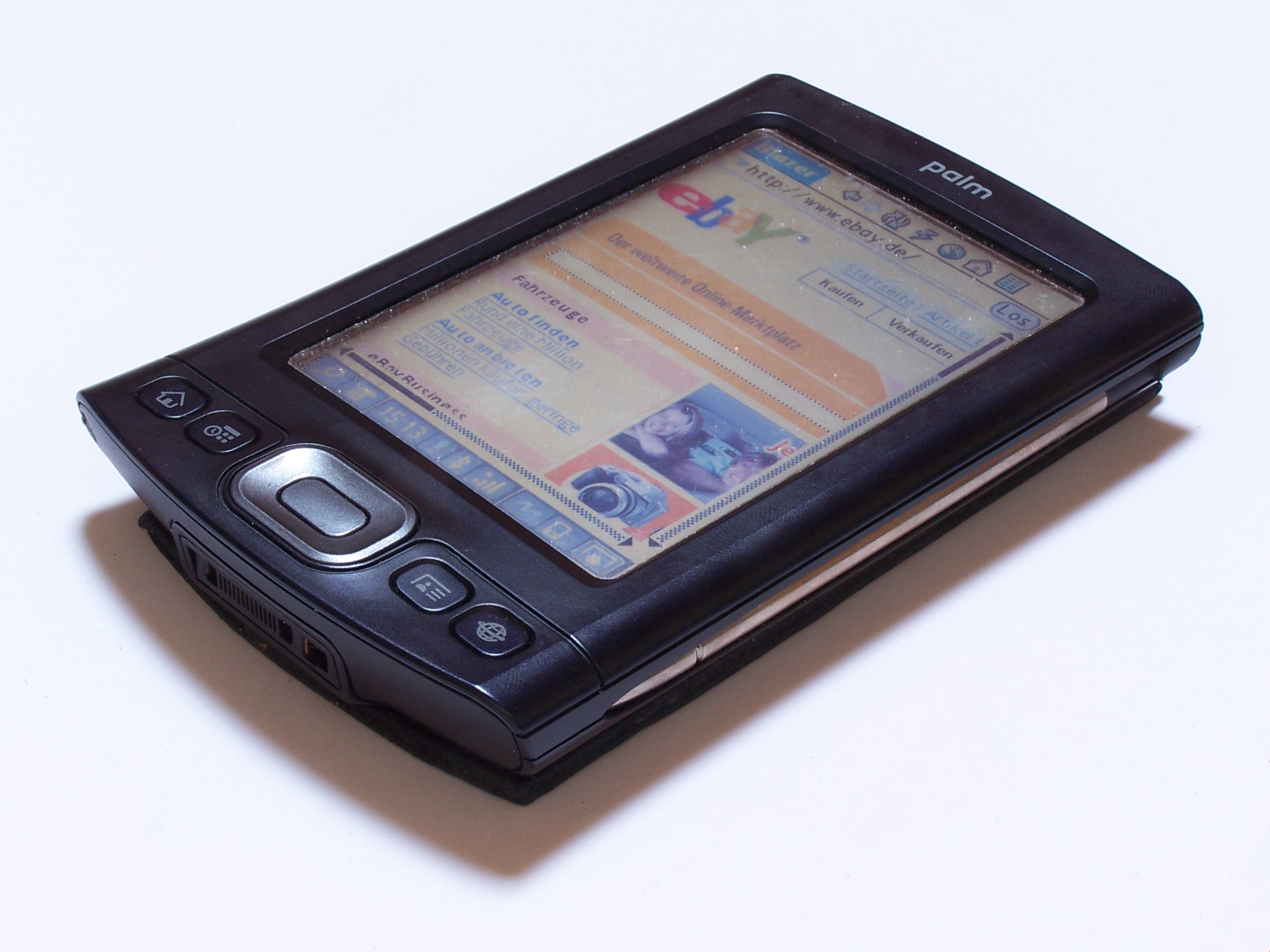Types of Computers
- Get link
- X
- Other Apps
CHAPTER 6
TYPES OF COMPUTER
…
Class- 4 and 5
Lesson Overview
As we know that, we are
living in that world that always develops according to the people requirement.
It develops the same thing or invents a new thing. Likewise, computers are also
developing according to the people’s requirement. Example: - when people
required a small mobile sized computer with all the functions then, a mobile
sized computer called palmtop computer was developed.
Some other types of computer are discussed below:-
i.
Digital
Computer
ii.
Laptop
iii.
PDA (Personal
Digital Assistant)
iv.
Super Computer
v. Analogue Computer
vi. Hybrid Computer
Digital Computer
i.
Micro Computer
ii.
Mainframe
Computer
iii.
Mini Computer
iv.
Super Computer
Laptop
Super computer
is a type of digital computer that can perform millions of task in a fraction
of second and it is most expensive computer. They have a large storage capacity and very high processing speed. This
type of computers has more than one thousand CPU (Central Processing Computer).
It is used in weather forecast, robot designing, etc. They are one of the
advanced computers in computer family. Example:-NEC- 500, CYBER 250, CRAY- XMP,
etc.
1.
Fill in the blanks.
a.
_________computer
is a type of digital computer.
b.
_________computers
can understand only understand binary numbers.
c.
The computer
that can be fitted in our palm is called ______computer.
d.
________computer
can run with both electricity and battery.
e.
________is the
most advanced computer in the computer family.
2.
Answer these questions:-
a.
What do you
mean by types of computer?
b.
What are the
types of digital computer?
c.
Write the name of
companies that makes laptop.
d.
What are the
examples of super computer?
e.
What is a
digital computer?
f.
What is a super
computer?
g.
Which is the
first color screen PDA?
- Get link
- X
- Other Apps


Comments
Post a Comment